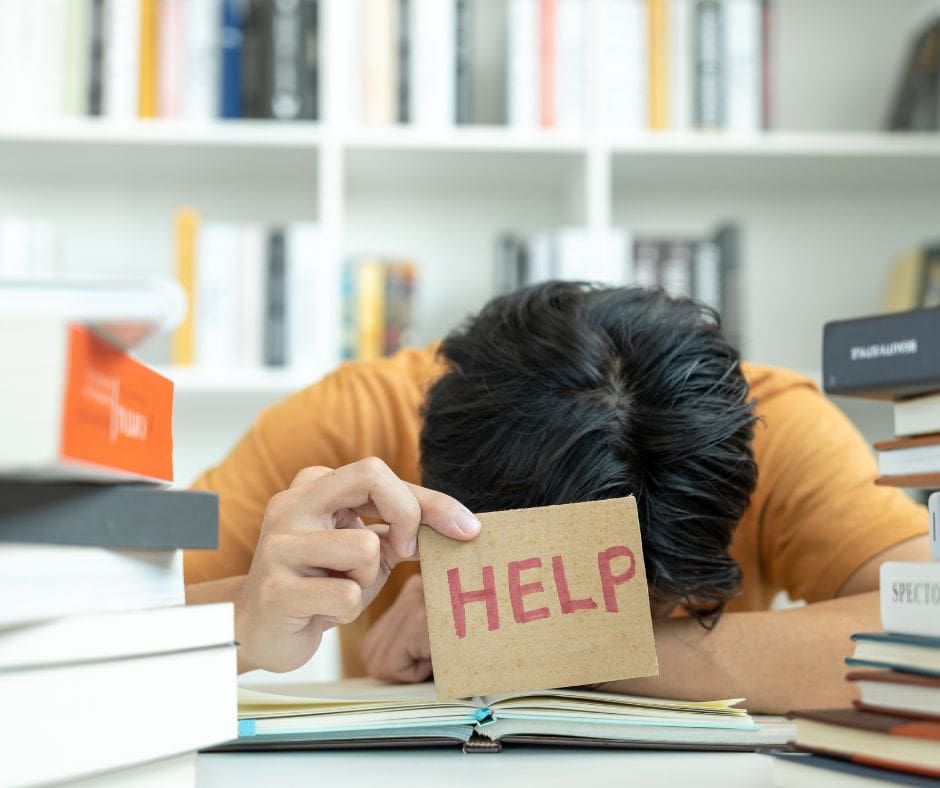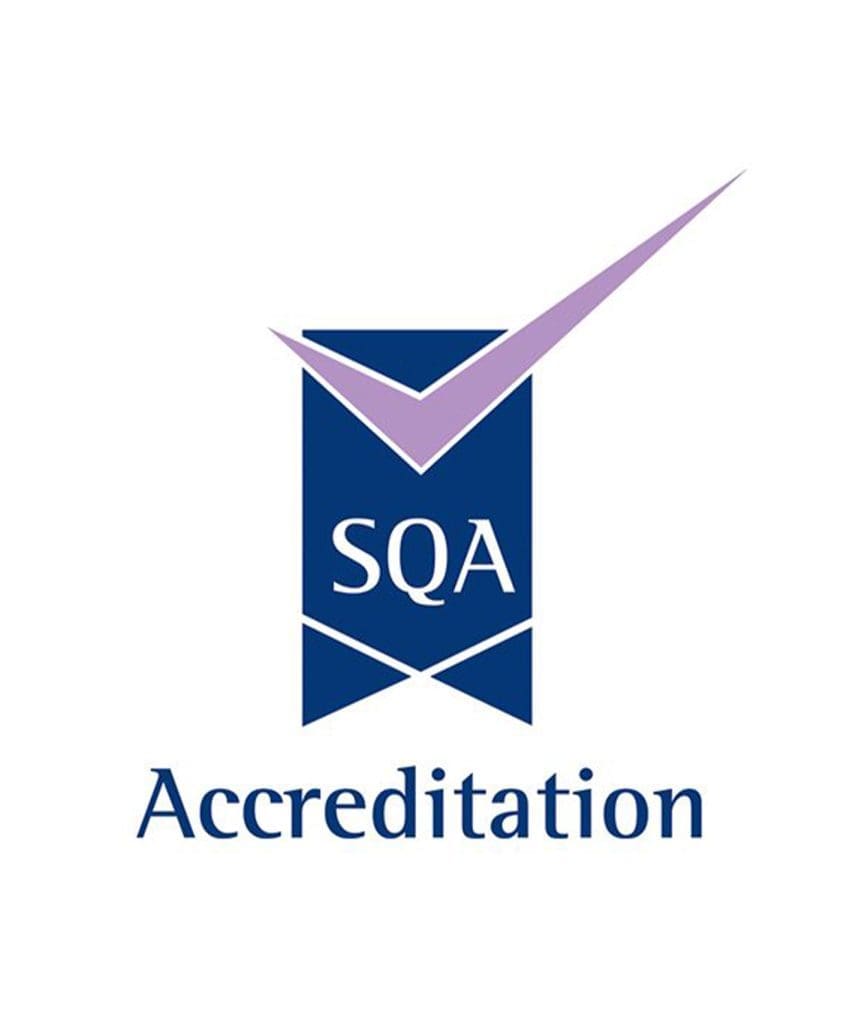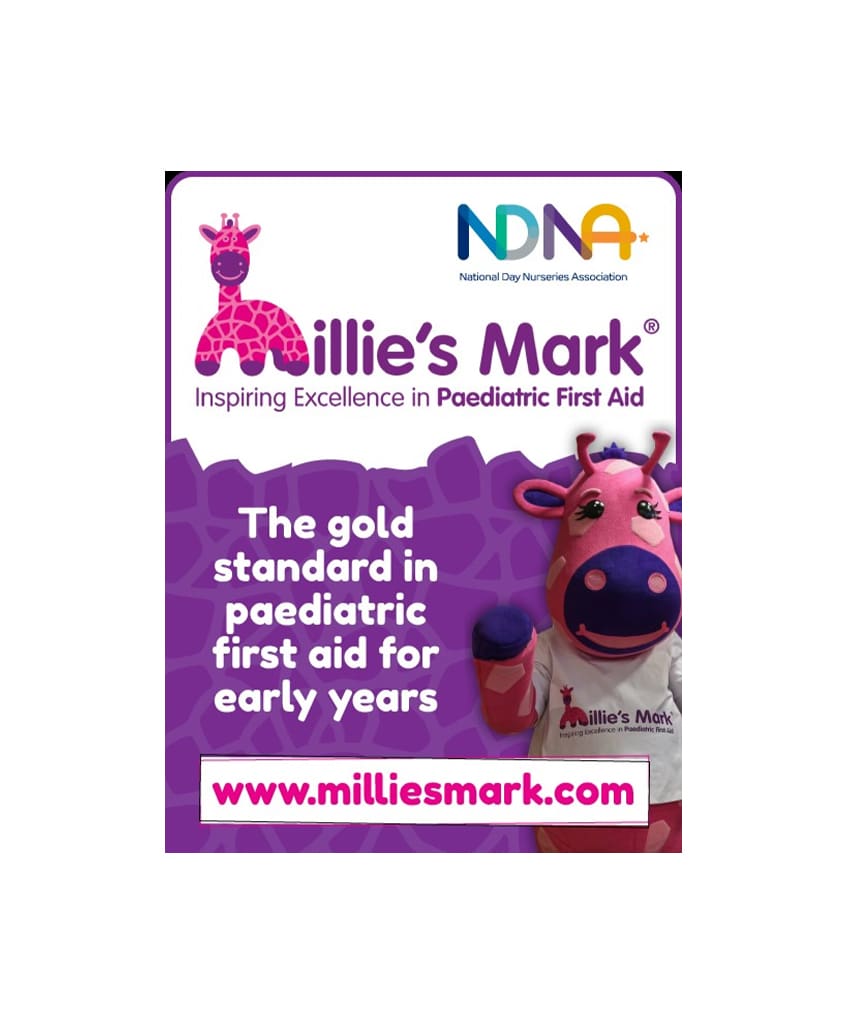This week is Mental Health Awareness Week and the focus is on Anxiety.
We all experience anxiety naturally, but occasionally it can spiral out of hand and cause mental health issues.
Feelings of anxiety can be brought on by a variety of factors, including exam pressure, interpersonal relationships, beginning a new career (or losing one), and other major life events. When it comes to financial matters and not being able to meet our fundamental necessities, such as heating our homes or purchasing food, we might also become nervous. However, managing anxiety can be considerably simpler.
Focusing on anxiety for this year’s Mental Health Awareness Week will increase people’s awareness and understanding of anxiety by providing information on the things that can help prevent it from becoming a problem. Anxiety is typically a normal reaction to stress, feeling threatened or terrified, and it can manifest itself in our bodies, minds, and behaviours.
Anxiety is frequently characterised as a modest to severe feeling of dread, fear, or unease.
If we start worrying excessively about trivial things or generally unimportant situations, anxiety might develop into a problem.
Usually, when anxiety gets particularly bad or overpowering, that’s when it begins to interfere with our regular activities or have an impact on our relationships.
What are the symptoms of anxiety?
Our minds, bodies, and behaviours can all be impacted by anxiety. For example, we may experience emotional outbursts, get stress headaches, or begin to avoid situations or individuals who make us anxious.
Effects of anxiety on your body
These can include:
- a churning feeling in your stomach
- feeling light-headed or dizzy
- pins and needles
- feeling restless
- headaches or other aches and pains
- faster breathing
- a fast or irregular heartbeat
- sweating or hot flushes
- sleep problems
- grinding your teeth
- nausea
- needing the toilet more or less often
- changes in your sex drive
- having panic attacks.
Effects of anxiety on your mind
These can include:
- feeling tense, nervous or unable to relax
- having a sense of dread, or fearing the worst
- feeling like the world is speeding up or slowing down
- feeling like other people can see you’re anxious and are looking at you
- feeling like you can’t stop worrying, or that bad things will happen if you stop worrying
- worrying about anxiety itself, for example worrying about when panic attacks might happen
- wanting lots of reassurance from other people or worrying that people are angry or upset with you
- worrying that you’re losing touch with reality
- low mood and depression
- rumination – thinking a lot about bad experiences, or thinking over a situation again and again
- depersonalisation – a type of dissociation where you feel disconnected from your mind or body, or like you are a character that you are watching in a film
- derealisation – another type of dissociation where you feel disconnected from the world around you, or like the world isn’t real
- worrying about things that might happen in the future.
If you cannot tell if shortness of breath is from anxiety or if you are worried about any other symptoms, see a GP.
Tips on managing anxiety
Managing anxiety can be very challenging, but there are steps you can take to make it easier.
- Talk to someone you trust – It can be helpful to talk to someone you trust about what makes you anxious. Sometimes, just being listened to and shown care can be enough to help. If you aren’t able to open up to someone close to you, the Samaritans and Anxiety UK both run helplines that you can call to talk to someone.
- Shift your focus – Practicing mindfulness and meditation (including breathing exercises and relaxation) can reduce anxiety and tension by focusing attention on the present moment.
- Understand your anxiety – Keeping a diary of what you are doing and how you feel at different times may help you understand why you’re anxious and identify ways to manage or get rid of anxiety.
- Look after your physical health – get enough sleep, eat well and do some regular exercise like going for a walk.
- Complementary and alternative therapies – There are many types that you can try, to see what works for you. These include:
- yoga
- meditation
- aromatherapy
- massage
- reflexology
- herbal treatments
- bach flower remedies
- hypnotherapy.
Some people find that one or more of these methods can help them to relax or sleep better.
Many chemists and health shops stock different remedies and should be able to offer advice.
- Face your fears gradually – The behaviour we believe will keep us safe, such as avoiding situations or relying on habits, might worsen our anxiety. It might help to face a situation slowly, and eventually it will feel right.
Medication
It is possible that your doctor will prescribe you medication to help you manage your symptoms. The combination of talking therapies and medication can be helpful for some people, but medication shouldn’t be the only option. You may be offered;
- Antidepressants
- Pregabalin
- Beta-blockers
- Benzodiazepine tranquillisers
We hope this information and advice on anxiety can help you or someone you know.
If you would like to talk to us about Mental Health training, please call us on 01276 586943 or email us at admin@crosscountiestraining.co.uk.









